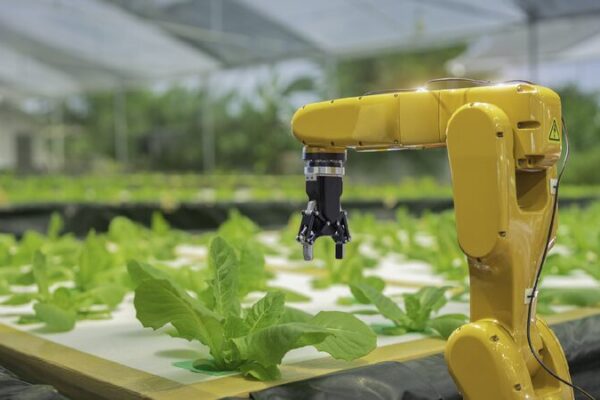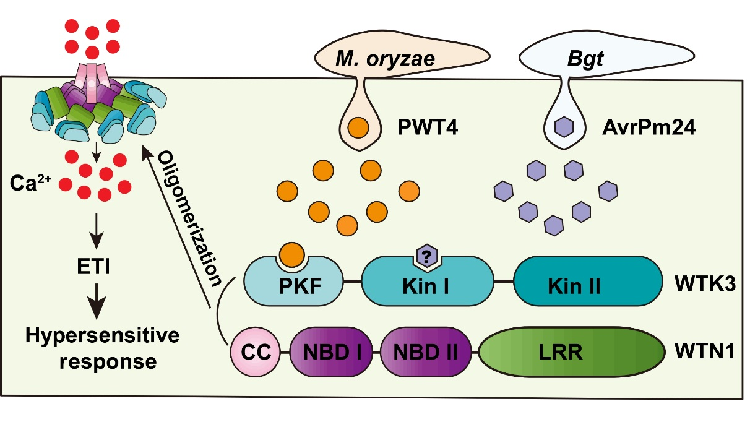Chinese researchers have unveiled a groundbreaking gene-editing technique that reduces the height of corn plants, paving the way for stronger, more densely planted crops. This innovation holds the promise of boosting corn yields and enhancing global food security.
Breaking New Ground in Agriculture
Corn, the most-produced cereal crop worldwide, plays a crucial role in feeding the global population. Traditionally, increasing planting density has been a key strategy for enhancing yields. However, developing shorter and sturdier corn varieties has been challenging due to limited genetic resources.
Scientists from the Biotechnology Research Institute of the Chinese Academy of Agricultural Sciences (CAAS), in collaboration with Anhui Agricultural University and South China Agricultural University, focused on modifying the Br2 gene using targeted gene editing. By designing a knockout vector for this gene, they identified seven transgenic lines with unique mutations in corn inbred varieties.
Promising Results from Hybridization
The team conducted hybridization experiments, resulting in 28 hybrid offspring from crosses with elite inbred lines—all of which produced dwarf progeny. To accelerate the breeding process, they developed a haploid inducer-mediated genome editing system. This system allows edited haploid plants to convert into stable double-haploid lines within two generations, significantly speeding up the development of new varieties. Three elite inbred lines treated with this system showed substantial reductions in plant height.
Implications for Global Food Security
“This method allows rapid and precise modification of plant height across different genetic backgrounds,” said Wang Baobao, the corresponding author of the study and a researcher at CAAS. “It provides critical technical support for breeding corn varieties optimized for dense planting and enhanced lodging resistance.”
This advancement not only has the potential to increase corn yields but also to produce crops that are more resistant to lodging—a common issue where plants fall over due to wind or rain, which can devastate harvests.
A Step Forward for the Global South
For countries in the Global South, where corn is a staple food and agricultural resource, this development could be particularly impactful. By adopting these new gene-edited corn varieties, farmers may achieve higher productivity on the same amount of land, contributing to food security and economic growth.
The study was published in the Plant Biotechnology Journal, signaling a significant step forward in agricultural biotechnology and its applications in sustainable farming practices.
Reference(s):
China develops gene-editing method to reduce corn plant height
cgtn.com








